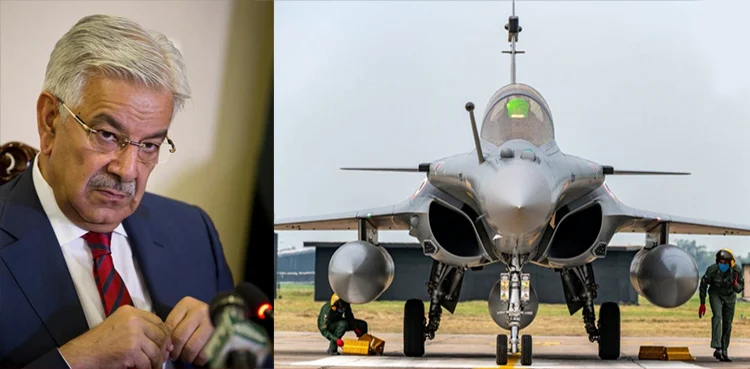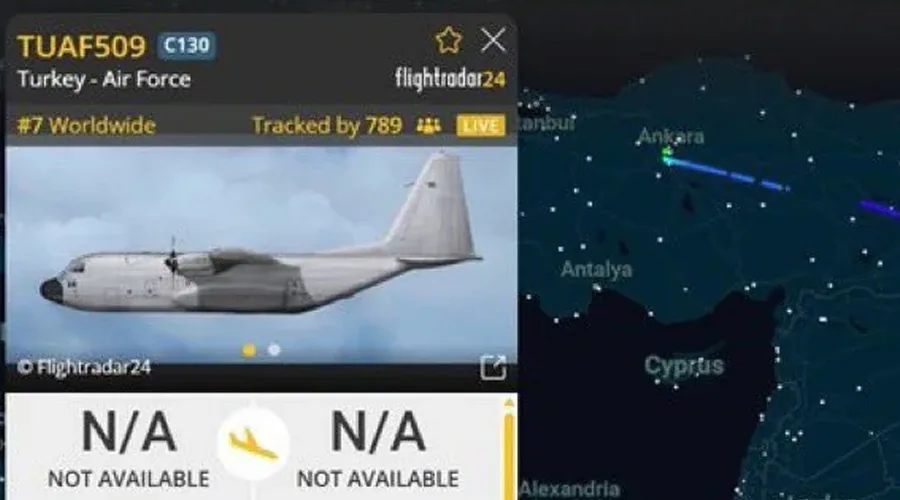
The U.S. Department of State has published the mid-year 2025 global visa wait times. These figures provide insight into how long applicants are waiting for different types of U.S. visas at consulates around the world. Some locations offer fast processing, while others are experiencing major delays. In some cities, wait times for visitor visas now exceed 400 days.
This information is particularly important for individuals planning to travel to the U.S. for study, tourism, work, or exchange programs.
Visitor visa wait times are among the longest in certain cities. In Bogota, Colombia, applicants are waiting up to 507 days. In Chennai, India, it’s 407 days. Halifax, Canada reports 479 days. Merida, Mexico has a wait time of 339 days, and Mexico City’s is 350 days.
For student and exchange visitor visas, the delays are also significant. Lagos, Nigeria has a wait time of 222 days. Dhaka, Bangladesh reports 258 days. Rangoon, Myanmar stands at 316 days. Abuja, Nigeria is 188 days. Kathmandu, Nepal is 146 days.
Work visas are facing extended delays too. Lagos, Nigeria is at 333 days. Brazzaville, Congo is at 296 days. Quebec, Canada reports 150 days. Abuja, Nigeria has a 103-day wait. Islamabad, Pakistan is at 39 days, which is relatively moderate but still notable.
Some locations, however, are processing visas very quickly. Brasilia in Brazil, Riyadh in Saudi Arabia, and Tel Aviv in Israel are issuing visas within one day. Belgrade, Serbia is processing most categories in one day, with the exception of work visas. Johannesburg, South Africa has a two-day turnaround.
A number of U.S. embassies and consulates are currently closed or not scheduling visa appointments. These include Adana in Turkey, Caracas in Venezuela, Kabul in Afghanistan, Tripoli in Libya, and Vladivostok in Russia. Some others like Bangui, Barcelona, Canberra, Fukuoka, Maputo, and Montreal are offering only emergency appointments or are not processing visas at all.
Applicants are encouraged to plan ahead. Many posts are still working through backlogs caused by the COVID-19 pandemic and staffing issues. People facing long delays might consider booking interviews in nearby countries if allowed, requesting expedited appointments for urgent travel, or checking consulate websites for updates and additional appointment slots.
The varying wait times reflect the uneven pace of recovery across consular services. For those with travel, study, or work plans in 2025, early and careful planning remains essential.


















